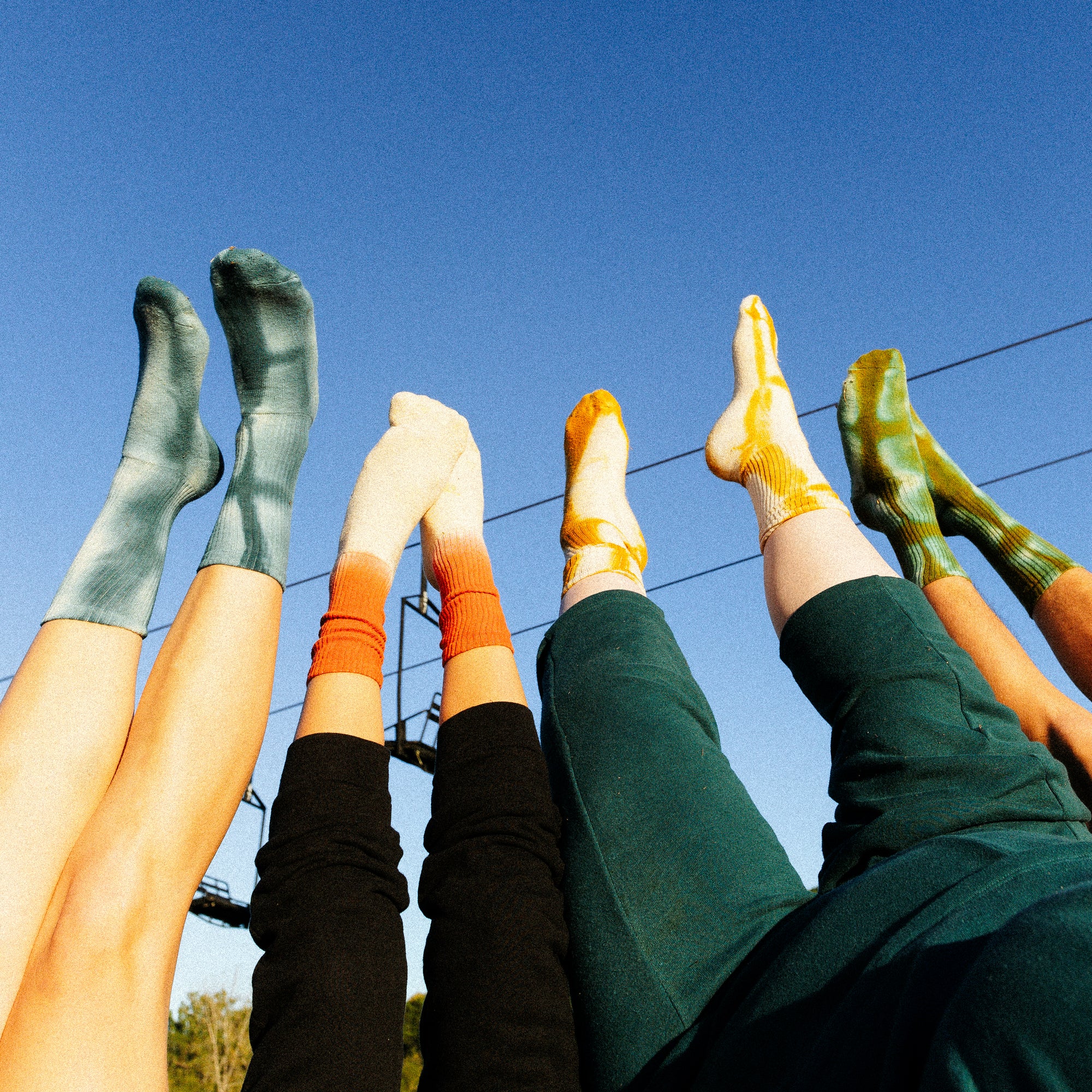by Joshua Newman
Human interference with Earth’s cycles takes a toll that threatens survival for many of Earth’s organisms including humanity itself. Natural scientists and environmental enthusiasts around the world would agree that Earth’s biodiversity is one of it’s most beautiful features, but the endangered species list grows while our society actively threaten the habitats and food chains that sustain Earth’s delicate balance.
"It’s not just the one time you threw a wrapper on the ground, it’s the billions of people who did it one time that puts a billion plastic wrappers into the ground."
The longer environmental science is around, the more we are able to understand what activities and behaviors have a negative impact. Regardless of where you live, it’s becoming more important than ever to begin paying attention to the little things_ the kinds of plants you put in your garden can help the dwindling bee population and the kind of soap you wash your car with can affect the organisms in your lawn.
Defensive logic such as “What is one person going to change?” or “It’s just this once” enable not just individuals, but society as whole to stall change. A major inconsistency with this frame of mind is that no-one is the only one. It’s never a single individual with this mindset, it’s millions. It’s not just the one time you threw a wrapper on the ground, it’s the billions of people who did it one time that puts a billion plastic wrappers into the ground. It’s both a collective and individual responsibility to maintain our natural world.
Environmental conservation groups such as The Nature Conservancy work to call for corporate responsibility and protect natural resources like water. However, since Trump entered the oval office, there has been significant backlash against environmental organizations and even the scientists and researchers studying our planet.
The power to drive change has shifted, more than ever, to individuals and consumers. The government is now rolling back endangered species protections, importing dangerous chemicals such as asbestos, and defunding government agencies such as the Environmental Protection Agency. We can’t rely on the government to change things for us, we have to do it ourselves.
As consumers, the kinds of products we spend our money on directly influences the kinds of products that are made. The demand for a product, and the money spent on it, drives its manufacture and availability. With governmental and private environmental groups weakened due to the current political climate, corporations are being freed of many responsibilities to society and the environment, leaving their only concern to be profit.
"The single-use lifestyle needs to be challenged and defeated by products and habits that work in tandem with our natural world..."
To encourage large businesses to produce sustainable products, there has to be a flow of money from consumers to sustainable businesses to demonstrate the viability of the market. Of course, our influence isn’t limited to our buying power, but also political and social involvement. You can vote for political candidates who support environmental conservation, or you can volunteer for groups like The Nature Conservancy to help out on the local level.
It’s important for us as consumers to understand the kinds of materials products are made of and what happens to our belongings once we dispose of them. The single-use lifestyle needs to be challenged and defeated by products and habits that work in tandem with our natural world, so that we can form a symbiotic relationship with our home, rather than a parasitic one.
There are a number of resources online such as this water use quiz and GoodGuide that can help you understand how your habits and products impact the people, places, and things around you. Take the initiative to learn about your favorite products and companies, the manufacturing processes behind them, and what the materials can be used for after disposal.
In fact, the first of this month marked another perilous milestone of the modern age_ Earth Overshoot Day. Earth Overshoot Day is the day of the year that humans have used more resources than can be replenished in that year. As you can imagine, it annually gets closer and closer to January. Essentially, this means that after August 1, every resource being used is being pulled from future generations. This includes everything from water to food, to fiber for clothing.
The stem of the problem isn’t the production of these goods, but the consumption of them, and the rate at which these items go from being considered “goods” to being considered “waste.” Obviously resources like food are a one-time deal, they are automatically reduced to waste as our bodies process the nutrients out of them. However, with products like clothing, the conversion of them to trash has nothing to do with their functionality, but only our perception of them.
"Earth Overshoot Day is the day of the year that humans have used more resources than can be replenished in that year."
Seeing as it’s the new moon, a time for new beginnings, perhaps you can take a look at your shopping lists and budgets for the rest of the month and consider what you plan to consume, what’s necessity, and what’s desire. Maybe the jacket you plan to replace can actually be repaired, or maybe the shirt that’s stained can be dyed or embroidered. It doesn’t take a sewing machine or technical know-how to come up with solutions. Internet communities like forums and databases such as YouTube can help teach you skills or give you ideas that you might actually enjoy implementing.
Of course, that’s not to say society should stop purchasing altogether. If that were the case, the economy would grind to a halt. Instead of making only inexpensive purchases, focus on quality and construction. It’s about getting your money’s worth, purchasing something that will outlast trend culture and express your unique taste for years to come. There’s never a better time to change spending habits, because change is never going to be convenient. If we can join forces as a community to change our habits and protect our natural environment, maybe we can avoid Earth Overshoot Day altogether.










